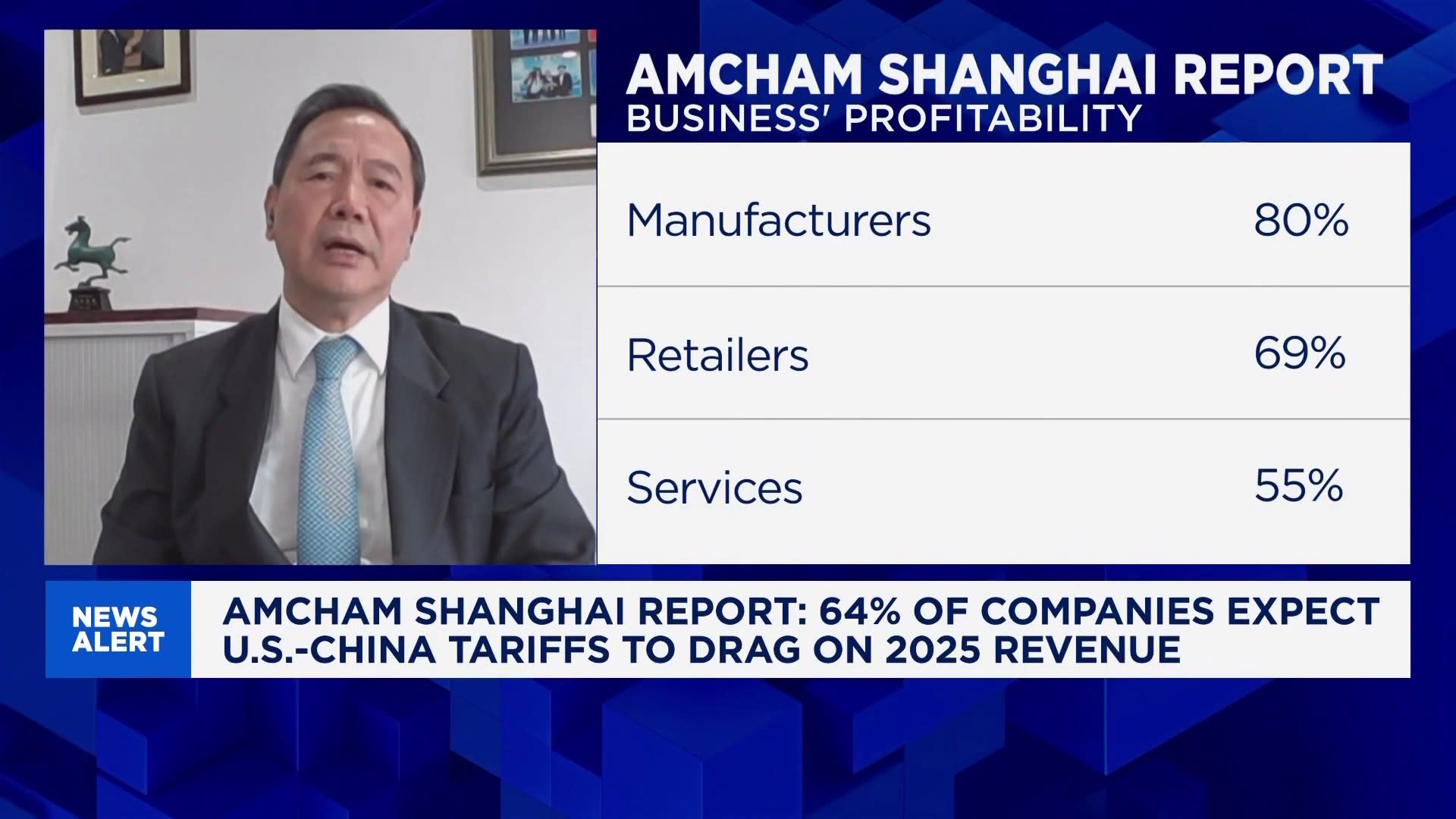Trade Tensions Persist: U.S. Companies in China Grapple with Mounting Tariff Pressures

U.S. Companies Brace for Continued Economic Challenges in China
In a stark revelation from the AmCham Shanghai's 2025 China Business Report, a significant 64% of surveyed multinational companies anticipate that ongoing U.S.-China trade tensions will substantially impact their revenue streams this year. The persistent trade war has driven business sentiment to an unprecedented low, marking the fourth consecutive year of diminishing optimism in China's economic landscape.
AmCham Shanghai's president provided deeper insights into these findings, highlighting the complex challenges facing international businesses operating in China. The report underscores the mounting uncertainty that continues to plague cross-border economic relations, forcing companies to develop more adaptive and resilient strategies.
As geopolitical tensions persist, multinational corporations are increasingly seeking innovative approaches to navigate the intricate business environment. The survey suggests that companies must remain agile, diversify their risk management strategies, and develop nuanced understanding of the evolving economic dynamics between the United States and China.
Despite the challenging outlook, the report also hints at potential opportunities for businesses willing to adapt and invest strategically in the Chinese market.








